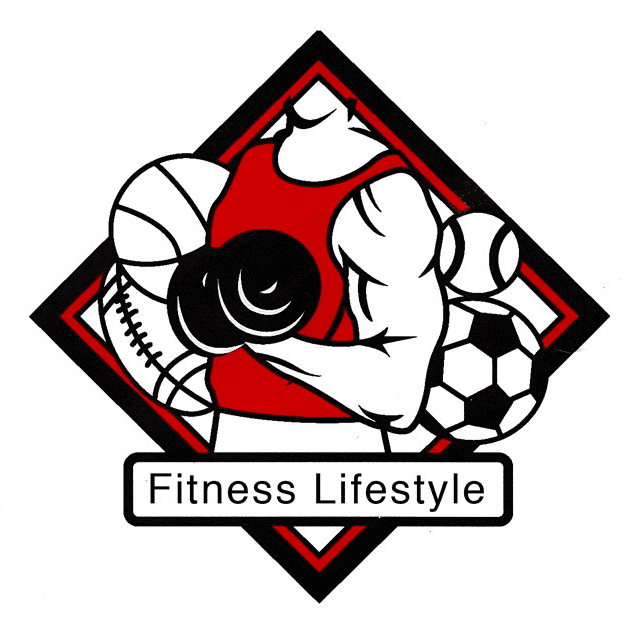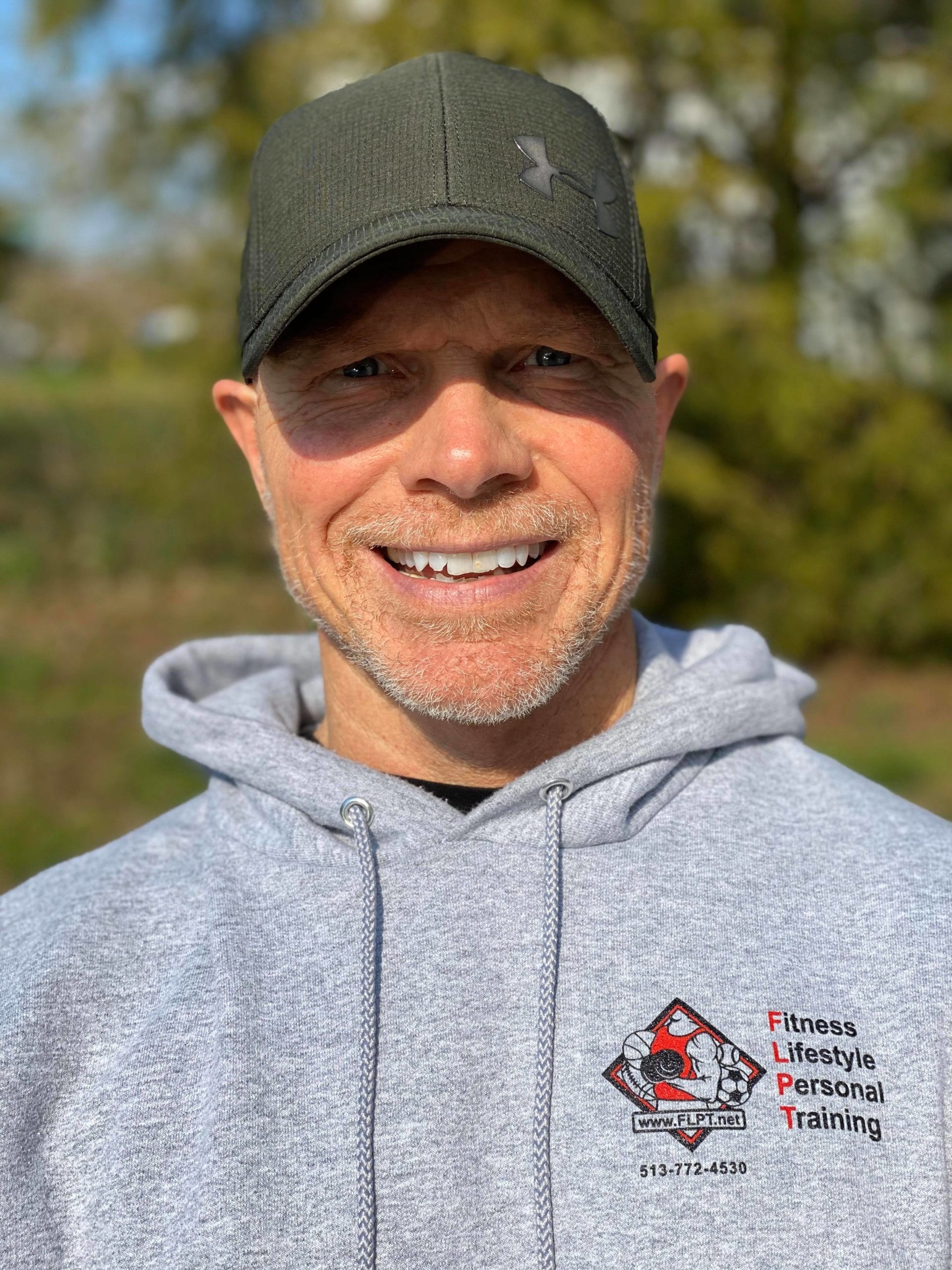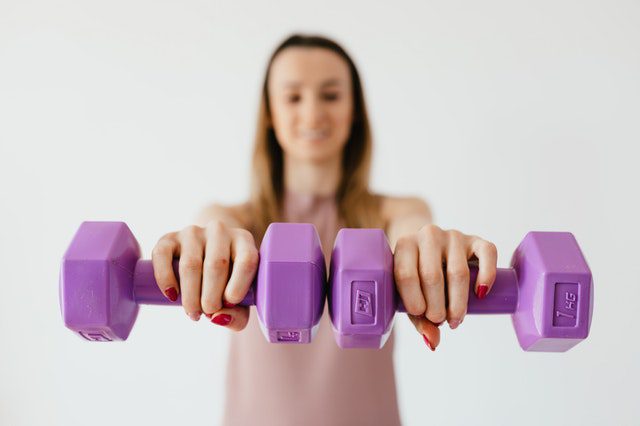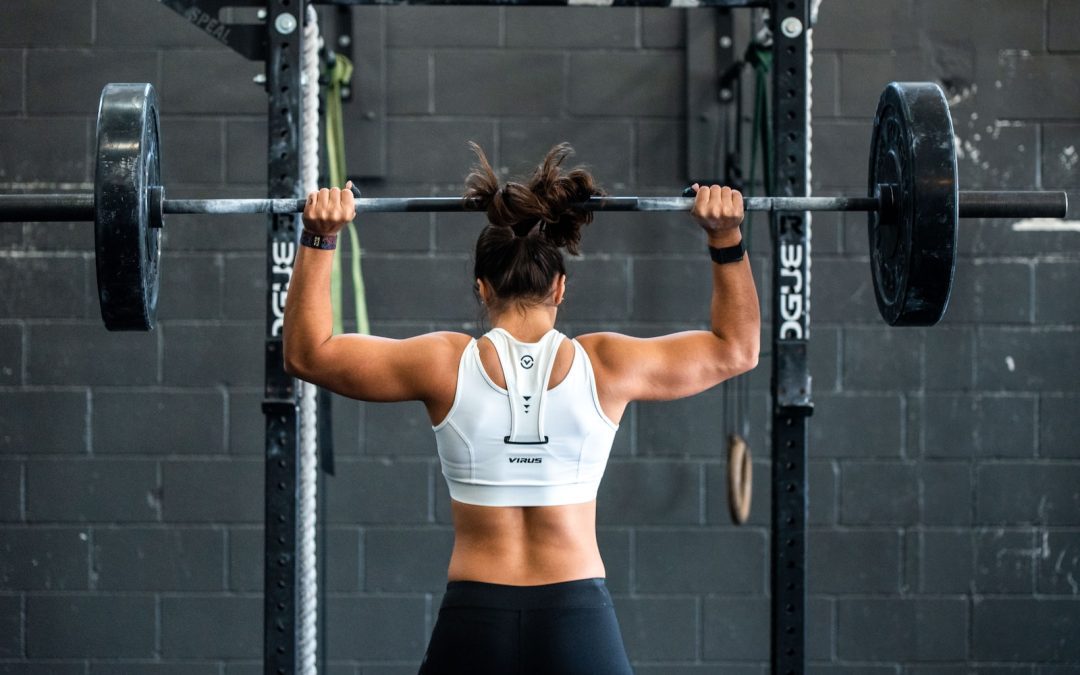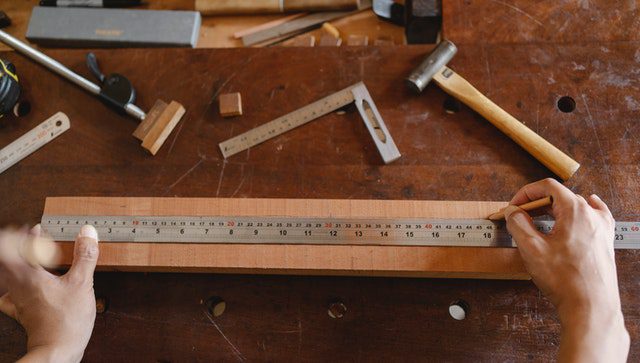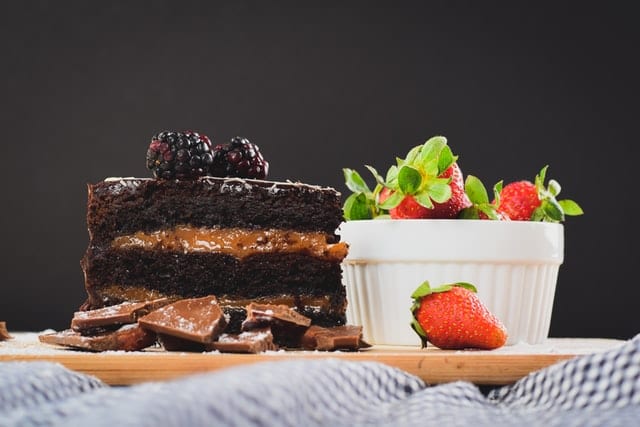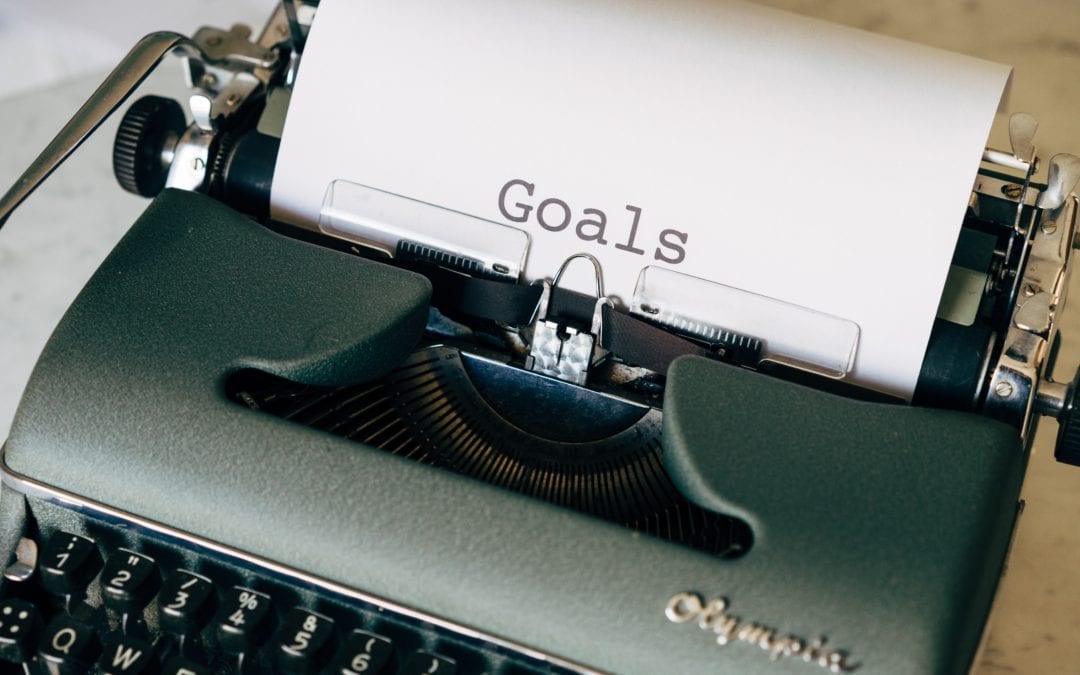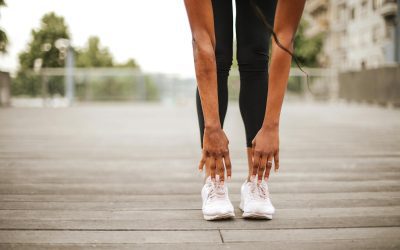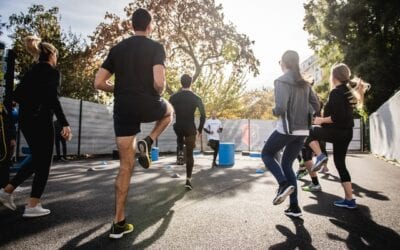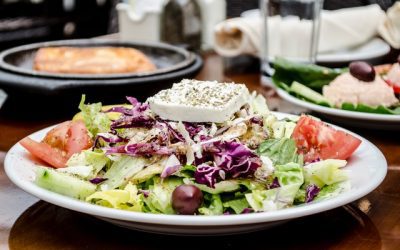The other day I wrote about one of the most common questions I get asked as a trainer: what should I eat before a workout?
That post was all about fueling your body so you have enough energy to power through your training. Today I want to tackle the follow-up question I hear just as often.
“Can you tell me what to eat after a workout to get the best results?”
The short answer is that what you eat after a workout really matters. Your body has just used up a lot of energy, your muscles may be low on glycogen (their main source of fuel), and some of the protein structures in your muscles can actually get damaged or broken down during exercise.
The good news is that the right post workout nutrition helps you bounce back faster and make progress toward your goals.
Table of Contents
Why Post Workout Nutrition Matters
Your food choices after exercise do more than just satisfy hunger. They set the stage for recovery and improvement. Eating the right combination of protein and carbohydrates after training can:
- Reduce the breakdown of muscle protein so you keep more of your hard-earned strength.
- Stimulate muscle protein synthesis, which is the process that helps your muscles grow and repair.
- Replenish glycogen stores in your muscles, which restores energy for your next session.
- Improve overall recovery so you feel less sore and more ready to go.
The amount of protein and carbs you need depends on your body size, the type of training you did, and your overall fitness goals. But even without getting too technical, following some simple guidelines will make a big difference.
How Much Protein Do You Need to Eat After a Workout?
Research suggests that eating between 20 and 40 grams of protein after exercise helps most people recover more quickly. Larger individuals and people doing intense weight training may need the higher end of that range, while smaller individuals or lighter sessions may require less.
Protein is important because it provides the amino acids your body uses to repair and rebuild muscle tissue. Without enough protein after a workout, your recovery slows and your results are limited.
How Many Carbs Should You Eat After a Workout?
Once you know your protein amount, you can calculate your carbohydrate intake. A simple rule of thumb is to eat 2 to 3 times as many grams of carbs as protein. For example, if you eat 25 grams of protein, aim for 50 to 75 grams of carbs.
If you did an endurance-oriented workout such as running, cycling, swimming, or a cardio class, your muscles will be more depleted of glycogen than if you lifted weights. That means you’ll want to eat on the higher side of the carb ratio. Weight training still uses glycogen, but not to the same degree as long cardio sessions.
The carbs not only restore fuel, but they also help shuttle protein into your muscles so recovery happens more efficiently.
Timing What You Eat After a Workout
You may have heard of the “anabolic window,” which is the period after a workout when your body is especially primed to absorb nutrients. While the exact science on how long this window lasts is debated, there is no question that eating soon after exercise is beneficial.
- Best option: Eat within 45 minutes after your workout.
- Still effective: Eat within 2 hours if your schedule doesn’t allow you to eat sooner.
If you work out in the morning and don’t have time for a big meal, a protein shake with fruit is a fast, portable option. Later in the day you can eat a larger balanced meal.
5 Ideas of What to Eat After a Workout
The key to recovery meals is combining protein with carbohydrates. Here are some easy and tasty options you can try:
- Oatmeal with one scoop of protein powder and half a banana – a great mix of fast-digesting carbs and quality protein.
- Cottage cheese with fruit – light, easy to digest, and packed with protein.
- Protein shake blended with berries or a banana – perfect if you are short on time.
- Grilled chicken or salmon with sweet potato – a more substantial meal for refueling after strength training.
- Whole grain toast with almond butter – combines carbs, protein, and healthy fats.
These meals give you flexibility. If you prefer plant-based options, try tofu with quinoa and vegetables, or a smoothie made with soy or pea protein powder.
Practical Tips for Success
- Prepare ahead of time. Have protein powder, fruit, or pre-cooked meals ready so you are not scrambling after your workout.
- Keep it simple. You do not need complicated recipes. Pair a protein source with a carb source and you’re set.
- Stay hydrated. Replacing fluids is just as important as food. Drink water before, during, and after exercise.
- Listen to your body. Hunger levels and recovery needs vary. Use these guidelines, but also pay attention to how you feel.
The Bottom Line
Eating the right foods after a workout speeds up recovery, rebuilds muscle, and restores energy.
Focus on getting 20 to 40 grams of protein along with 2 to 3 times as many carbs.
Choose simple, whole foods or convenient options like shakes.
Try to eat within 45 minutes after training, or at least within 2 hours.
This doesn’t have to be complicated. By having a few go-to meal ideas and remembering the protein-plus-carbs rule, you’ll support your body, recover faster, and get better results from every workout.
